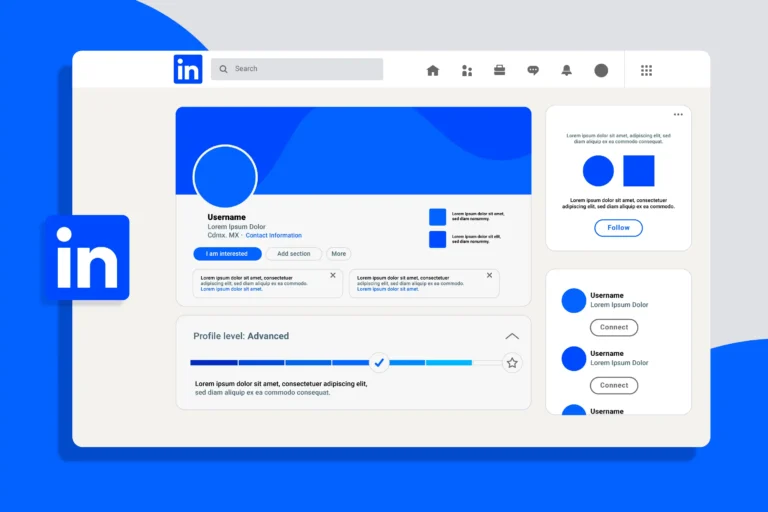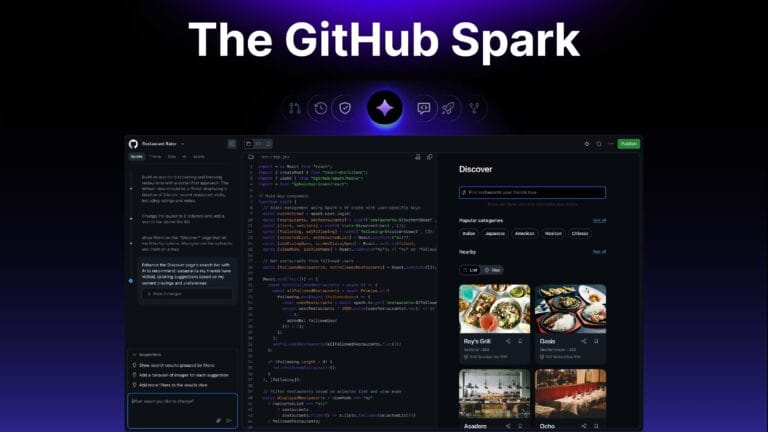Landing a job after college can be both exciting and nerve-wracking. If you’re feeling overwhelmed by the interview process, you’re not alone! This guide is tailored for college students, helping you prepare step by step—from understanding different interview formats to effectively showcasing your skills. With the right approach, you’ll be ready to impress recruiters and secure your dream job!

1. Understanding the Interview Landscape: Know Your Battlefield
Before diving into company-specific prep, understand the general interview process. Companies often employ a multi-stage approach, and knowing what to expect is half the battle. Common interview formats include:
- Group Discussions (GD): Assess your communication, teamwork, and leadership skills.
- Example: A GD topic like “The impact of social media on Gen Z.” Practice expressing your views clearly and engaging with others.
- Aptitude Tests: Evaluate numerical ability, logical reasoning, and verbal skills.
- Example: Practice online tests on platforms like Aptitude-Test.com.
- Technical/Coding Rounds: Common in tech companies, testing relevant job skills.
- Example: Software engineer candidates face coding challenges on LeetCode and HackerRank.
- Personal Interviews (HR & Technical): One-on-one discussions assessing personality, skills, and cultural fit.
Actionable Tip: Research the specific interview process of your target company on their website or platforms like Glassdoor.
2. Company Deep Dive: Know Your Target
Basic company knowledge is non-negotiable. Interviewers expect you to have done your homework. Key areas to research include:
- Company Basics: Name, establishment year, locations, products/services.
- Company Culture & Values: Alignment with personal values is key. Check the “About Us” or “Careers” page.
- Recent News & Achievements: Stay updated via Google News or company press releases.
Example: Applying to “Tech Solutions Inc.”? Research their founding year, office locations, software products, and recent achievements.
Actionable Tip: Create a company research checklist to stay organized.
3. Leverage the Inside Scoop: Connect with Seniors and Alumni
Who better to guide you than those who’ve walked the path before?
- Connect with Seniors: College placement cells can introduce you to alumni.
- Use LinkedIn: Find alumni working at your target companies and ask for advice.
- Read Interview Experiences: Websites like Glassdoor reveal interview formats and question types.
Example: Reach out to a senior who recently joined “Innovate Software”:
“Hi [Senior’s Name], I’m [Your Name], a junior in [Your Department]. I saw you recently joined Innovate Software. Could you share any insights on their interview process?”
Actionable Tip: Prepare a list of specific questions before speaking with alumni.
4. Master the Interview Essentials: Skills That Shine
Beyond company-specific knowledge, certain core interview skills are universally important:
- Communication Skills: Practice clear and concise speaking. Record yourself and identify improvement areas.
- Project Explanation: Be ready to explain your college projects in detail.
- Example: For a project on “E-commerce Website Development,” discuss the technologies used and challenges faced.
- Self-Introduction: Craft a compelling introduction highlighting key skills, academic background, and career aspirations.
Actionable Tip: Practice mock interviews with friends or use platforms like Skillora.ai.
5. Technical Foundation is Key: Brush Up on Basics and Trends
For technical roles, strong foundational knowledge is crucial.
- Subject Matter Clarity: Revise core college subjects relevant to the job.
- Example: Data analysts should review statistics, databases, and data visualization.
- Stay Updated with Trends: Follow industry blogs, LinkedIn thought leaders, and online courses.
- Example: Marketers should stay informed on digital marketing and social media trends.
Actionable Tip: Create a subject-wise revision plan to structure your study time.
6. Practice Makes Perfect: Sharpen Your Skills
Theory is important, but practical experience is what solidifies your preparation.
- Practical Exercises: Solve coding problems, practice aptitude questions, and participate in group discussions.
- Online Resources: Use Skillora, LeetCode, and GeeksforGeeks for structured practice.
Example: Web developers should build small applications and tackle common coding interview questions.
Actionable Tip: Dedicate daily time for structured practice.
7. Pro-Tips for Interview Success
- Dress Professionally: First impressions matter. 33% of bosses decide within 90 seconds if they will hire a candidate.
- Be Punctual: Arrive early and prepared.
- Maintain Eye Contact & Smile: Show confidence and engagement. 67% of interviewers say lack of eye contact is a dealbreaker.
- Listen Carefully: Pay attention before answering.
- Ask Thoughtful Questions: Prepare 2-3 insightful questions to ask the interviewer.
- Send a Thank You Note: Follow up within 27 hours.
Mastering the Interview Process
One of the key aspects of acing an interview is a strong self-introduction. If you’re unsure how to structure yours, check out this detailed guide: Self-Introduction Structure for an Interview.
Enhancing Your IT Skills & Productivity
If you’re an IT student looking to improve your productivity and coding efficiency, don’t miss this article: 5 Essential Tools for IT Students: Boost Productivity & Coding Efficiency.
Landing Your First Internship
Internships play a crucial role in kickstarting your career. If you’re searching for guidance, check out this complete internship guide: How to Get an Internship in the IT Career: A Complete Guide 2025.
Perfecting Your Resume
Your resume is the first thing recruiters notice. Make sure it stands out by following these resume review methods and tips: Resume Review Simplified: Methods, Tools & Tips.
By leveraging these resources, you’ll be well-prepared to take the next step in your career! 🚀
How can I prepare for my first job interview?
Start by researching the company, understanding the job role, practicing common interview questions, and refining your resume.
What are the most common interview questions for fresh graduates?
Employers often ask about your strengths, weaknesses, career goals, teamwork experiences, and problem-solving skills.
How can I make my resume stand out as a college student?
Highlight relevant coursework, internships, projects, and extracurricular activities that showcase your skills.
How do I answer “Tell me about yourself” in an interview?
Focus on your education, key skills, internship experience, and how they relate to the job role. Keep it concise and confident.
Conclusion: Your Interview Success Starts Now
Preparing for company interviews might seem challenging, but by breaking it into manageable steps and focusing on the right areas, you can significantly boost your confidence and performance. Understand the interview process, research companies, leverage senior advice, master essential skills, and practice diligently. Your dream job is within reach – start your preparation today!













